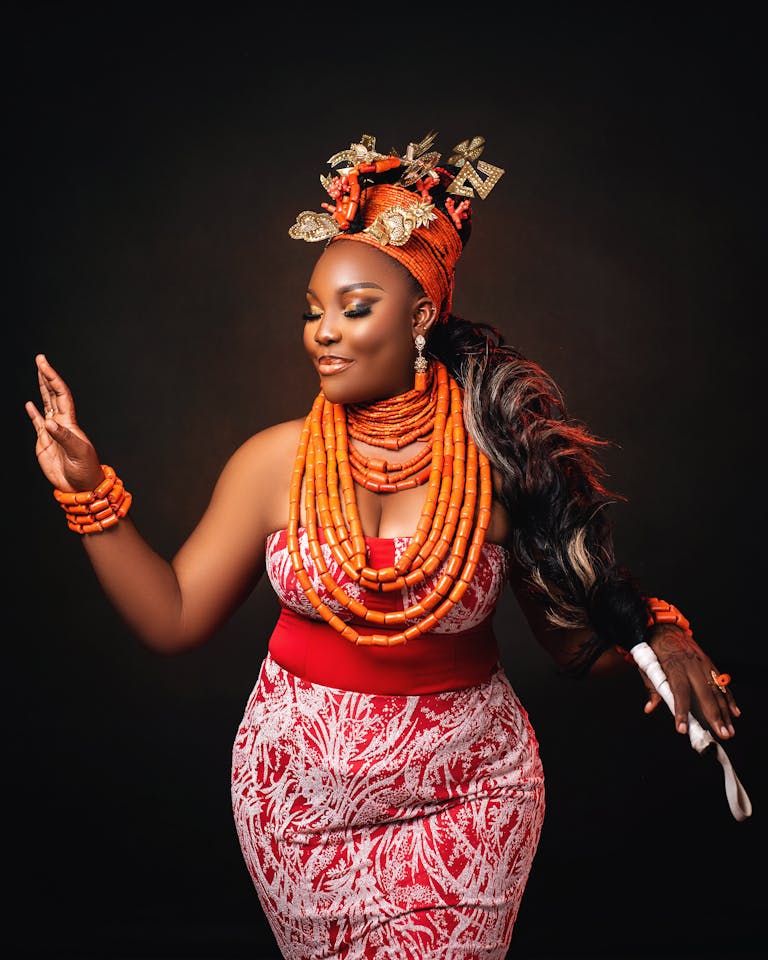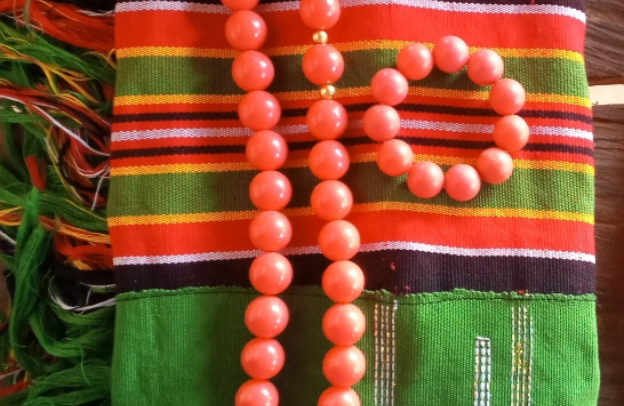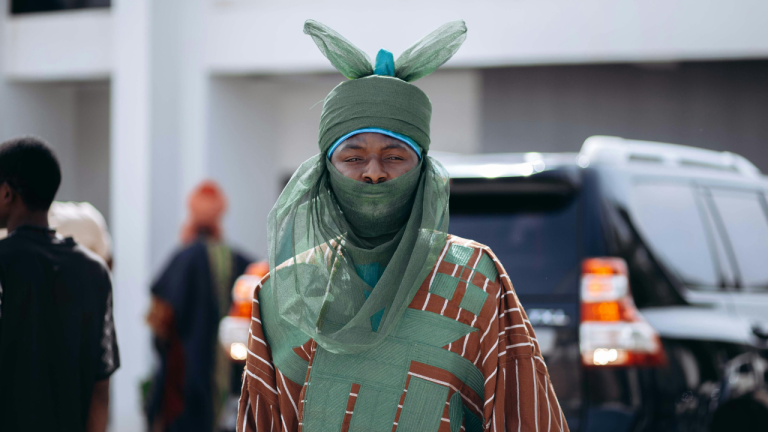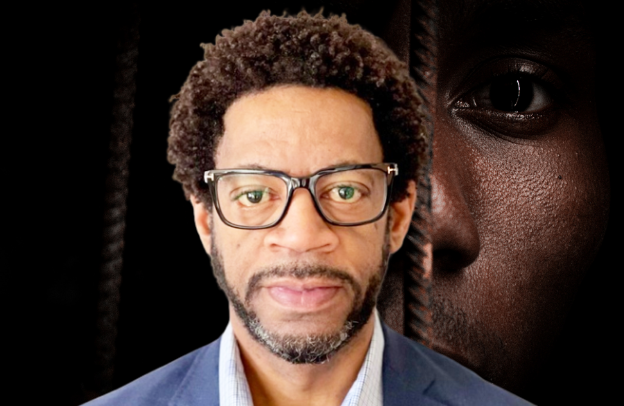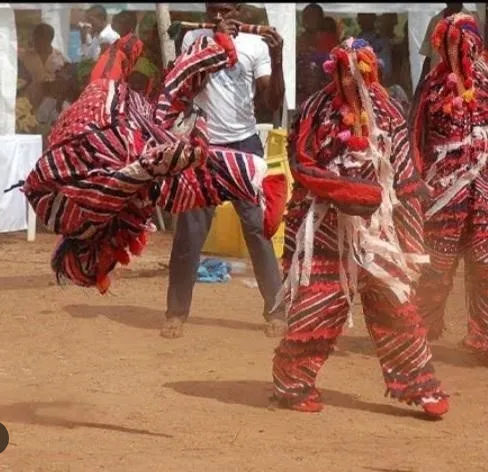Who is Agba Nojie – The Esan God of war (Uromi -Nigeria)?
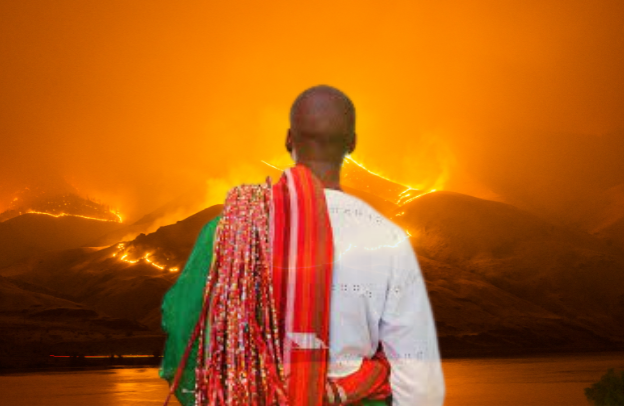
The Esan people had a number of brave rulers who made remarkable impacts in the kingdom; among these rulers was Agba Nojie. Agba Nojie, nicknamed (God of war) is one of the phenomenal rulers of the Esanland, who acceded the throne after his late father Onojie Ijesan (the first Onojie of Uromi) from 1483 AD to 1507 AD.
Download the first chapter of The Storytelling Series: Beginners’ Guide for Small Businesses & Content Creators by Obehi Ewanfoh.
Onojie Agba played a crucial role in attaining the independence of the Esanland people from the control of the Obas of Benin.
In the fifteen centuries, the majority of Benin subjects emigrated from the city to a woodland during the autocratic reign of Oba Ewuare, who enacted some stringent laws after he lost his two sons.
You might also like to read – Esan Geography And Topography – South of Nigeria
The law impeded the subjects from cooking, washing, farming, trading, and having sex for a stint period. As a result of the restriction and some other strict laws of Oba Ewuare, the people sort refuge elsewhere, hence the blend of the Esan people and the Binis.
However, the Esan people were still confined to the whims and control of the Obas of Benin until the reign of Onojie Ijesan, followed by Agba Nojie, who became the major orchestrator of Esanland emancipation from the control of the Oba of Benin.
Here is another article you might like – Agricultural Practices in Esan land, Nigeria
During the reign of Agba Nojie as the Onojie(king) of Esanland, he halted the payment of tribute to the Oba of Benin, one of the most daring moves he made during his time. To further retain the Esan people’s independence, Agba Nojie stopped conveying cases concerning the Esan people to the Oba of Benin, who was deemed to have the final say in any case during the reign of Oba Ozulua.
Agba Nojie’s bravery earned him the title of a “God of war” and was venerated highly by his people such that they worship him under a Kapok tree.
The people so much believe Agba Nojie will protect them during trying times and war periods as he did when he was alive. This tree deity referred to as Alu-Agba is still in Benin today. Agba Nojie was also tagged as the “God of war” because he gives courage to the people during battle.
Agba Nojie displayed his strength as Esans God of war during the Uzea war, equally referred to as the Bini Esan war that occurred during the sixteenth century.
The war sparked off when Oba Ozulua sought friendship ties with the Esan people but was contrarily deemed a ploy to subdue the Esan people under the control of the Benin people by Agba Nojie.
The war lasted for years until a peace treaty known as Ukoven was signed. The treaty was officialized by the planting of a tree called Ohimi tree and taking the ohimi oath “Esan I Gbedo” popularly known as Esan Igbe Edo, meaning the Esans will never attack the Binis. After this treaty was officialized, the Binis and Esans began correlating such that the Esans espoused the Binis during the war by supplying them with weapons and soldiers.
Agba Nojie’s death is clearly unknown; after he beheaded Oba Ozulua, he vanished in Awojie forest (otherwise known as a place of the disappearance of the king); this was because no one could kill the Benin oba and scot-free from the punishment. However, this Awojie forest still exists today, but no Onojie of Esanland can penetrate it, the forest.
Nevertheless, before Agba Nojie’s disappearance into the Awojie forest, he impacted Esanland so much.
King Agba Njie introduced brass wire making into Uromi during his reign, which resulted in a rapid increase in agricultural produce brought about by an improved irrigation system due to the availability of tools like hoes, axes, and shovels made from brass wire.
He did not only bring peace and prosperity to his kingdom but also brought unity among the people, their high spiritual values, and hardworking attitudes. More so, he contributed to the development of the Esan language, which is still spoken by many people in Edo State and some other parts of Nigeria.
Agba Nojie remains a remarkable figure in the history of the Esan people in Edo State, Nigeria, till date.
What did you learn from this story? Let us know in the comment section below.
Download the first chapter of The Storytelling Series: Beginners’ Guide for Small Businesses & Content Creators by Obehi Ewanfoh.
